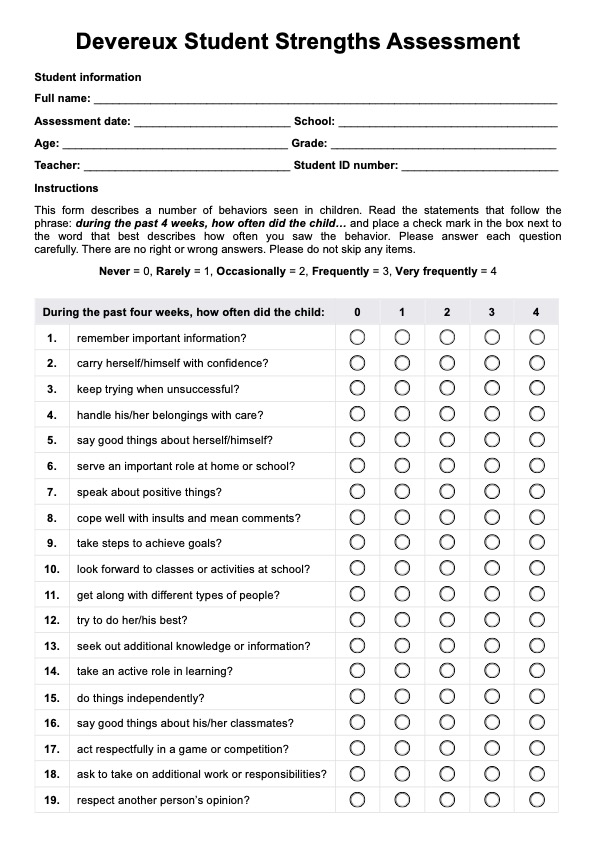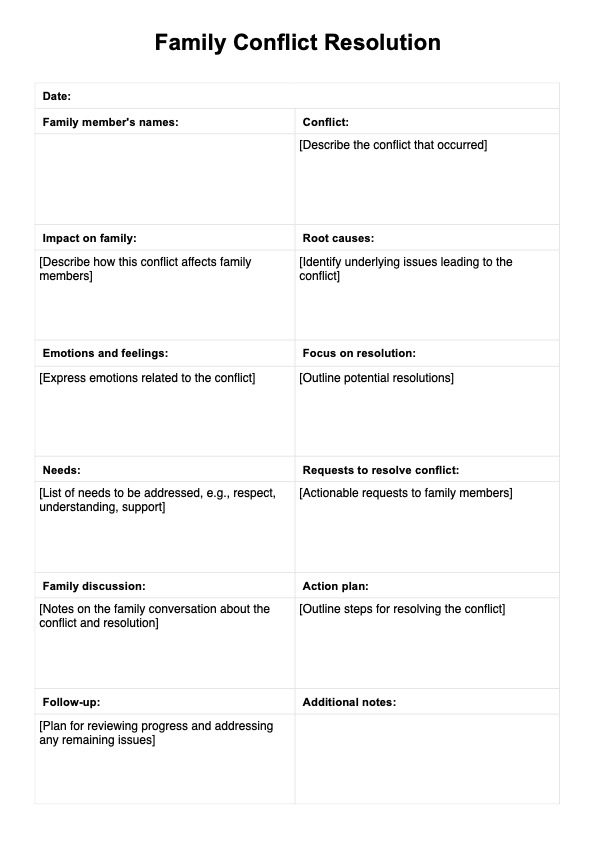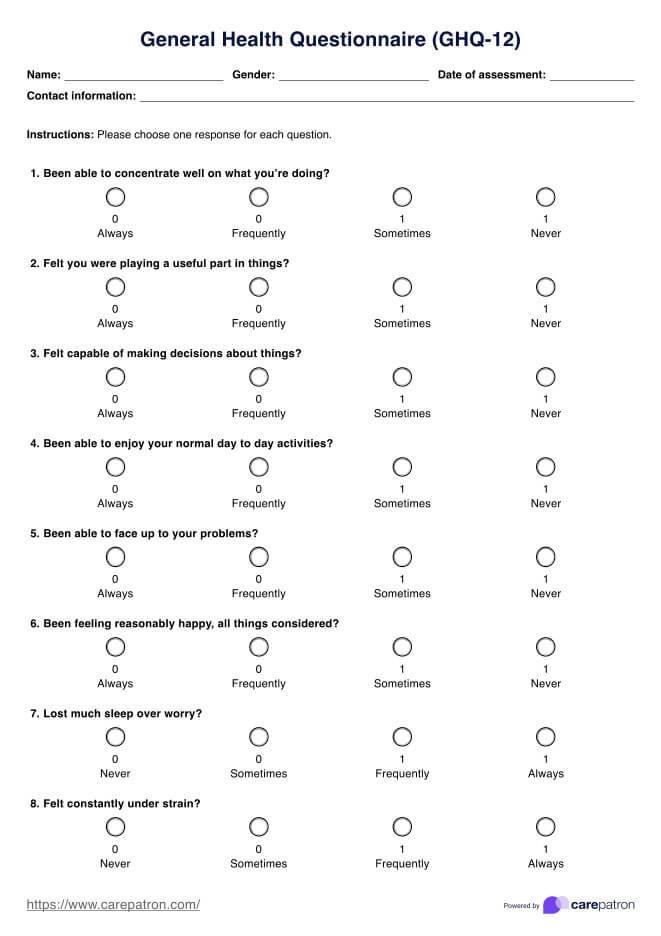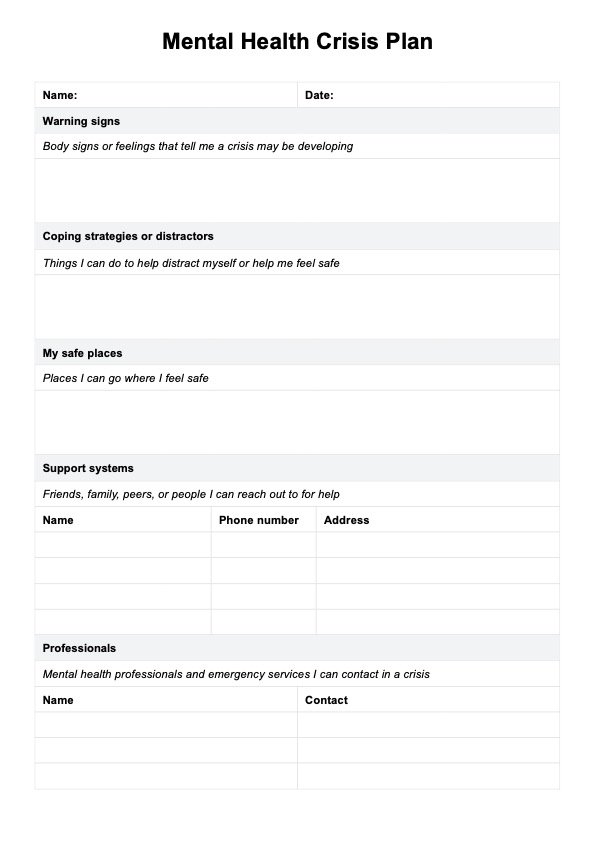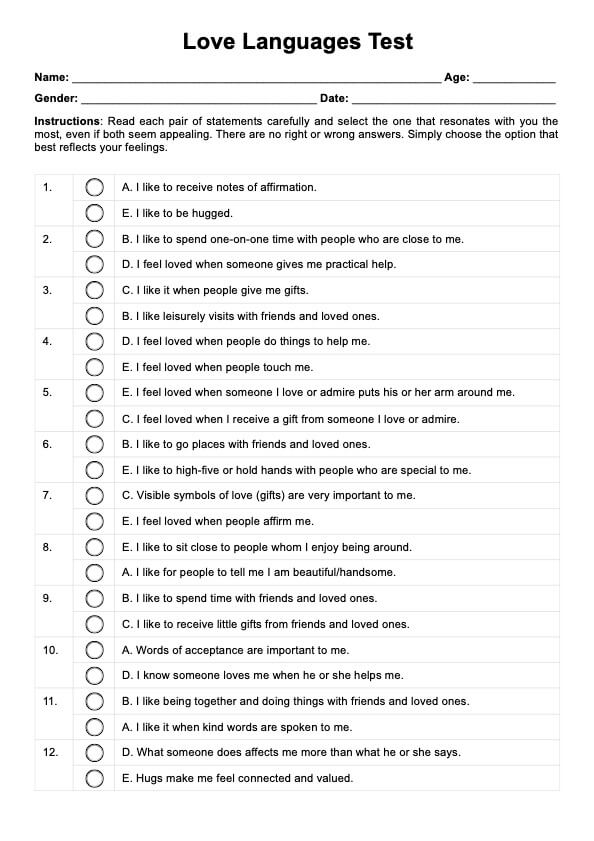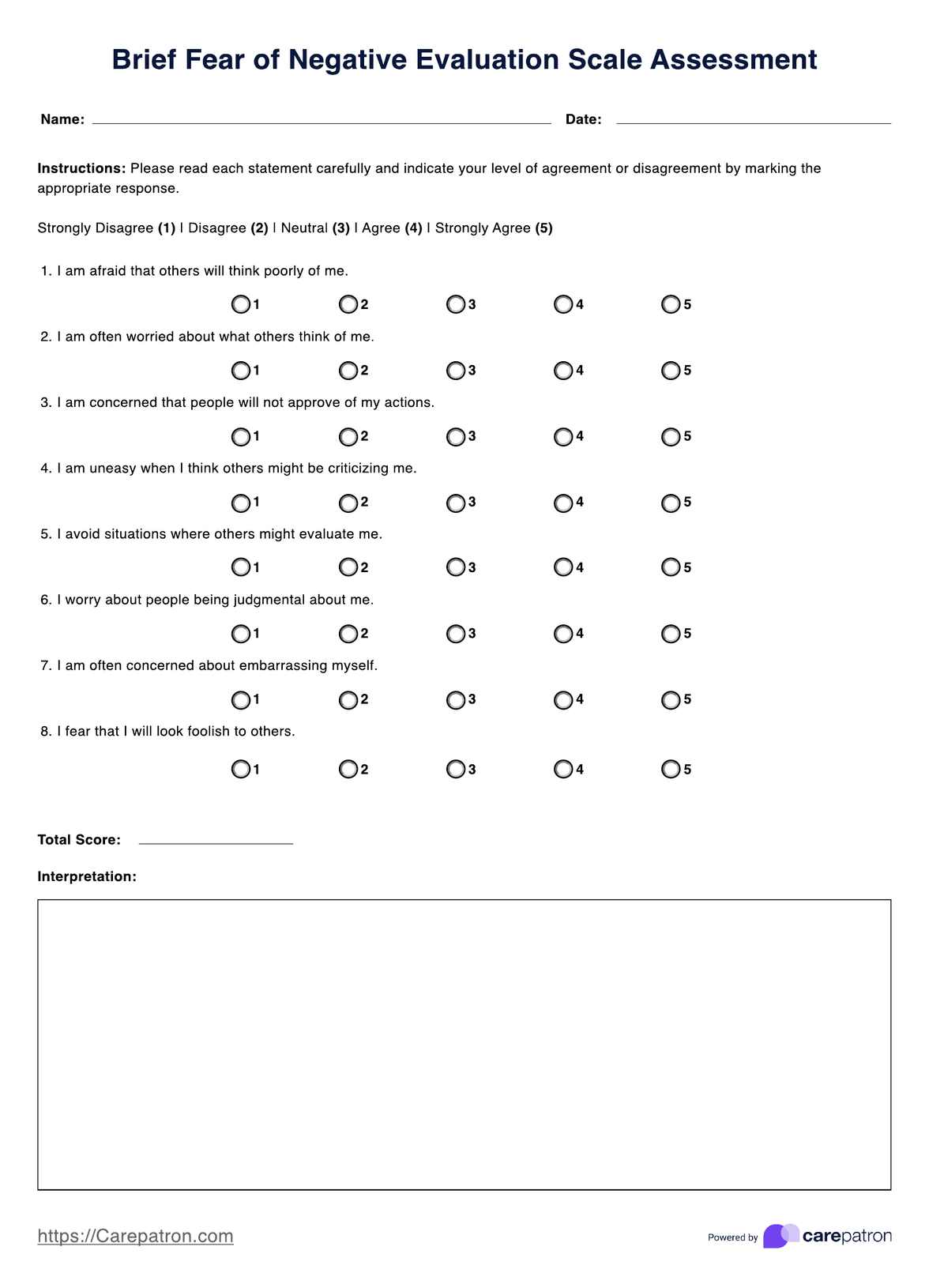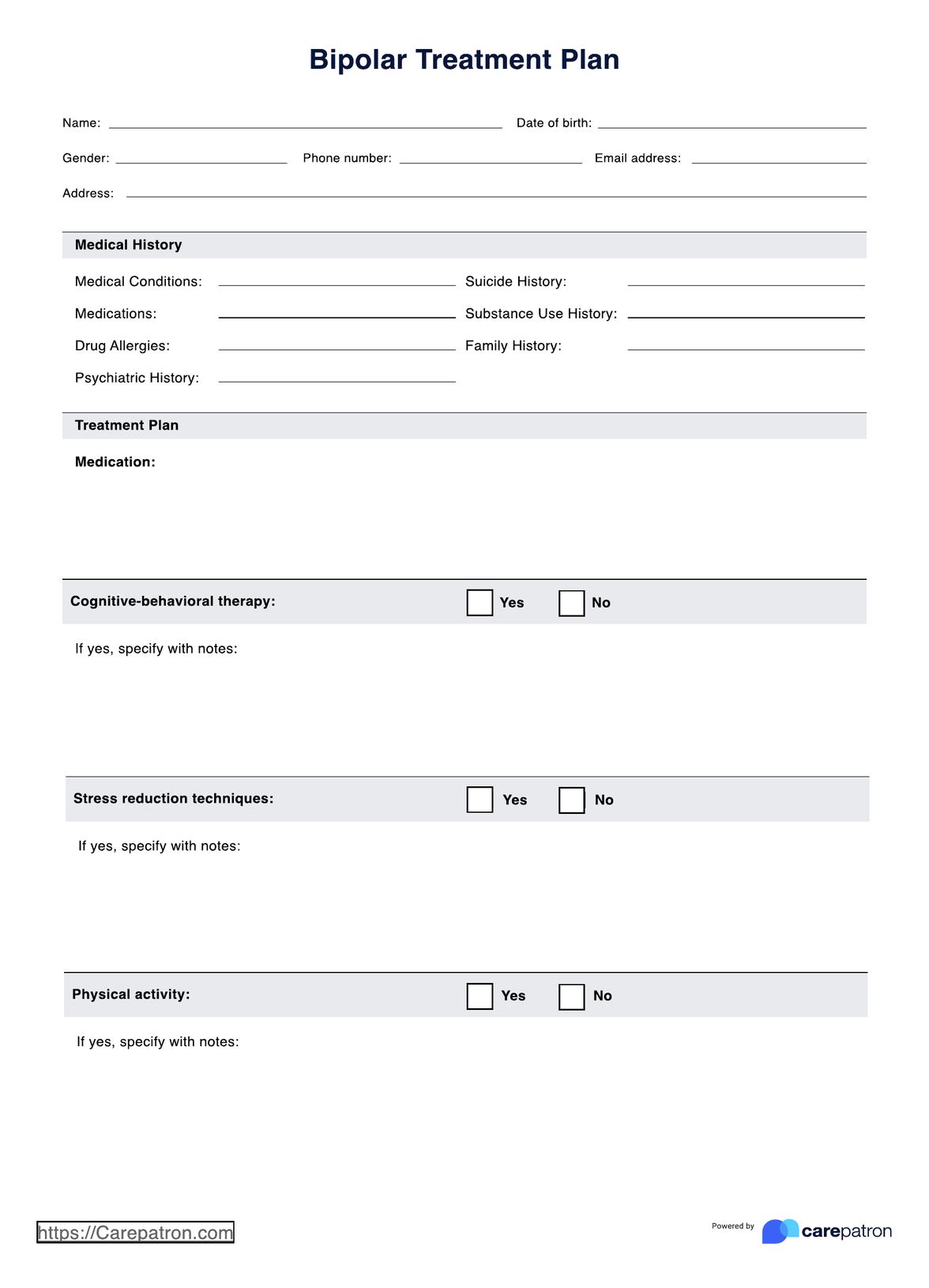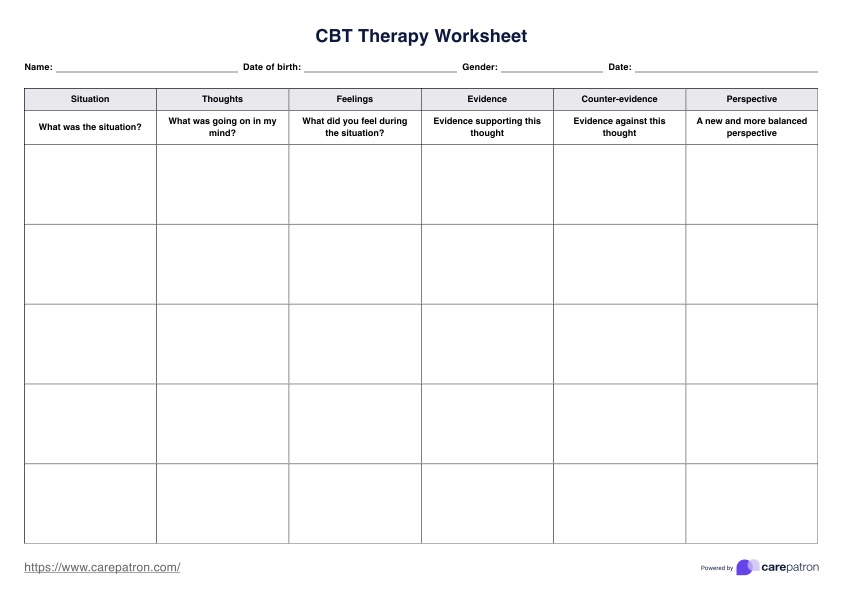Coping Skills for Psychosis PDF
Learn about coping skills for managing psychosis symptoms. Download Carepatron's free PDF with examples of effective strategies to help individuals navigate challenging situations.


What is psychosis?
Psychosis disorder is a mental illness that profoundly affects an individual's mental health and well-being. It is characterized by a disconnection from reality, leading to disturbances in thoughts, emotions, perceptions, and behaviors. People experiencing psychosis may have difficulty distinguishing between what is real and what is not, which can lead to significant distress and impairment in daily functioning.
One of the critical features of psychosis is the presence of hallucinations and delusions. Hallucinations involve psychotic experiences of sensory perceptions that are not based on external stimuli, such as hearing voices or seeing things that others do not. Delusions are false beliefs firmly held despite evidence to the contrary, often involving paranoia or grandiosity.
It's important to note that psychosis can occur as a symptom of various mental health conditions, including schizophrenia, bipolar disorder, major depression, and certain medical conditions. Recognizing the early warning signs of psychosis is crucial for prompt intervention and access to mental health services.
Effective coping mechanisms and strategies play a vital role in managing psychosis and promoting recovery. Developing a personalized wellness recovery action plan (WRAP) can help individuals identify triggers, early warning signs, and coping strategies tailored to their needs. These coping strategies may include medication management, therapy, support groups, stress reduction techniques, and lifestyle modifications.
Coping Skills for Psychosis PDF Template
Coping Skills for Psychosis PDF Example
Psychotic symptoms
Symptoms encompass a range of experiences that significantly impact an individual's mental health and daily life. Understanding these symptoms is crucial for the affected individual and their support system, including family members and support persons.
Hallucinations
Hallucinations involve perceiving sensory experiences that are not based on external stimuli. Common types of hallucinations include auditory (hearing voices), visual (seeing things), olfactory (smelling odors), gustatory (tasting things), and tactile (feeling sensations on the skin). These experiences can be distressing and disruptive, often making individuals feel frightened or overwhelmed.
Delusions
Delusions are false beliefs that are held despite evidence to the contrary. They can take various forms, such as paranoid delusions (believing others are plotting against you), grandiose delusions (having exaggerated beliefs about one's abilities or importance), or somatic delusions (assuming that one has a severe illness despite evidence to the contrary). Delusions can significantly impact an individual's perception of reality and may lead to odd or irrational behaviors.
Disorganized thinking
Disorganized thinking refers to difficulties in organizing thoughts and expressing them coherently. Individuals who experience psychosis and disorganized thinking may have trouble following a conversation, maintaining a logical train of thought, or connecting ideas meaningfully. This symptom can make communication challenging and affect an individual's ability to perform daily tasks effectively.
Negative symptoms
Negative symptoms refer to a reduction or loss of normal functioning and behaviors. These may include diminished emotional expression, social withdrawal, reduced motivation or interest in activities, and impaired cognitive abilities. Negative symptoms can significantly impact a person's quality of life and may contribute to difficulties with relationships, work, and self-care.
Cognitive strategies for psychosis
Living with a mental illness such as psychosis can present unique challenges, but implementing cognitive strategies can help individuals manage symptoms and improve overall well-being. Here are some effective cognitive strategies to consider:
Having a good relationship with family members
Maintaining a supportive and understanding relationship with a family member or support person can be invaluable for individuals experiencing psychosis. Open communication, empathy, and mutual respect are essential elements of a healthy relationship. Having someone to confide in and rely on during difficult times can provide emotional support and practical assistance in managing early symptoms and coping with stressors.
Using various forms of support
Seeking support from multiple sources can enhance coping mechanisms and resilience. This may include professional support from mental health professionals, such as therapists or psychiatrists, as well as peer support social groups or online communities. Engaging with others with similar experiences can foster a sense of belonging and reduce feelings of isolation. Additionally, exploring alternative therapies such as mindfulness, meditation, or creative outlets can complement traditional treatment approaches and promote holistic well-being.
Avoiding substance use
Substance use can exacerbate symptoms of psychosis and interfere with treatment effectiveness. Individuals living with psychosis should avoid using alcohol, recreational drugs, or other substances that may worsen their symptoms or interact negatively with prescribed medications. Substance use can also impair judgment and increase the risk of experiencing a crisis or relapse. Developing healthy coping strategies and finding alternative ways to manage stress can reduce the temptation to turn to substances for relief.
Keeping up with your treatment
Consistently following a treatment plan prescribed by a healthcare professional is essential for managing symptoms of psychosis and promoting recovery. This may include taking prescribed medications as directed, attending therapy sessions, and participating in regular check-ups with a healthcare provider. Developing a crisis plan or WRAP plan can help individuals anticipate and prepare for potential challenges or setbacks, empowering them to take proactive steps to maintain stability during stressful events or life events.
Management Strategies and Treatment
Living with a psychotic disorder requires a comprehensive approach to management and treatment. Here are some effective strategies and treatments to consider:
Taking medication
Medication can play a crucial role in managing psychosis symptoms, particularly for individuals experiencing hallucinations, delusions, or disorganized thinking. Antipsychotic medications are commonly prescribed to reduce distress and improve overall functioning. It's essential to work closely with a healthcare provider to find the right medication and dosage for you. Additionally, adhering to your medication regimen as prescribed is vital for optimal symptom management and long-term stability.
Getting enough sleep
Adequate sleep is essential for maintaining good mental health and overall well-being, especially for individuals living with psychosis. Establishing a consistent sleep routine and prioritizing quality sleep can help reduce stress and improve mood stability. Avoiding caffeine, alcohol, and electronic devices before bedtime can also promote better sleep hygiene and enhance the effectiveness of other management strategies.
Engaging in therapy
Therapy, such as cognitive-behavioral therapy (CBT), can be highly beneficial for individuals with psychotic disorders. Spending time in therapy sessions provides a safe and supportive environment to explore thoughts, emotions, and behaviors related to psychosis. Through therapy, individuals can learn coping mechanisms, problem-solving skills, and strategies for managing stressors effectively. Family therapy may also help improve communication and support within the family unit.
Participating in early psychosis programs
Early psychosis programs offer specialized support and interventions for individuals experiencing early symptoms of psychosis. These programs typically provide comprehensive assessments, psychoeducation, case management, and access to a multidisciplinary team of mental health professionals. Engaging in a psychosis program can facilitate early intervention, reduce the duration of untreated psychosis, and improve long-term outcomes.
Commonly asked questions
Managing symptoms of psychosis involves a combination of medication, therapy, and lifestyle changes. It's essential to work closely with a healthcare provider to develop a personalized treatment plan tailored to the individual's needs.
Engage them in activities they enjoy, such as listening to music, going for a walk, or doing a puzzle. Redirecting their focus can help alleviate distress and promote a sense of calm.
Discuss the benefits and potential side effects of medication in a supportive and non-confrontational manner. Encourage open communication and involve the patient in decision-making regarding their treatment plan.


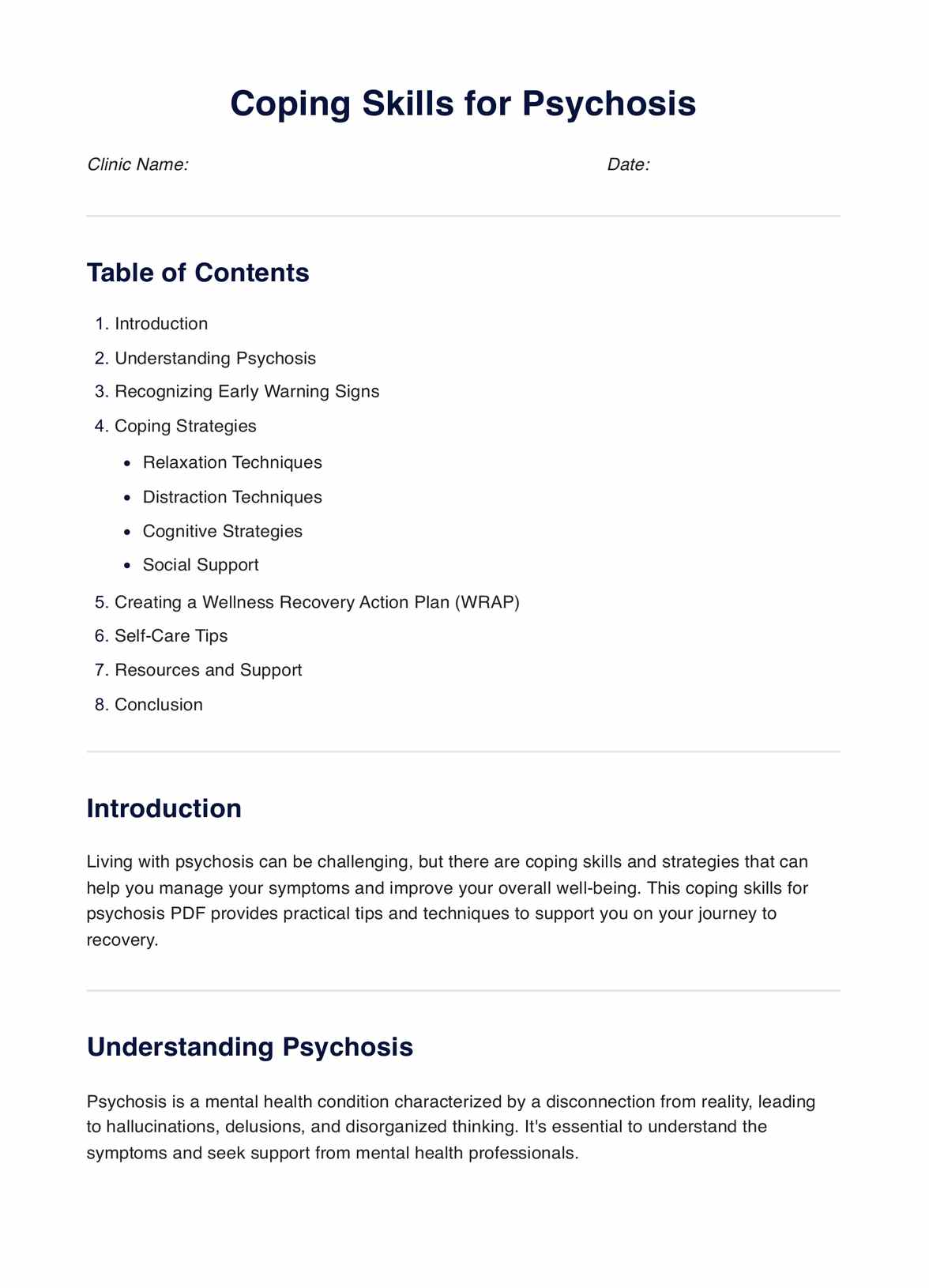
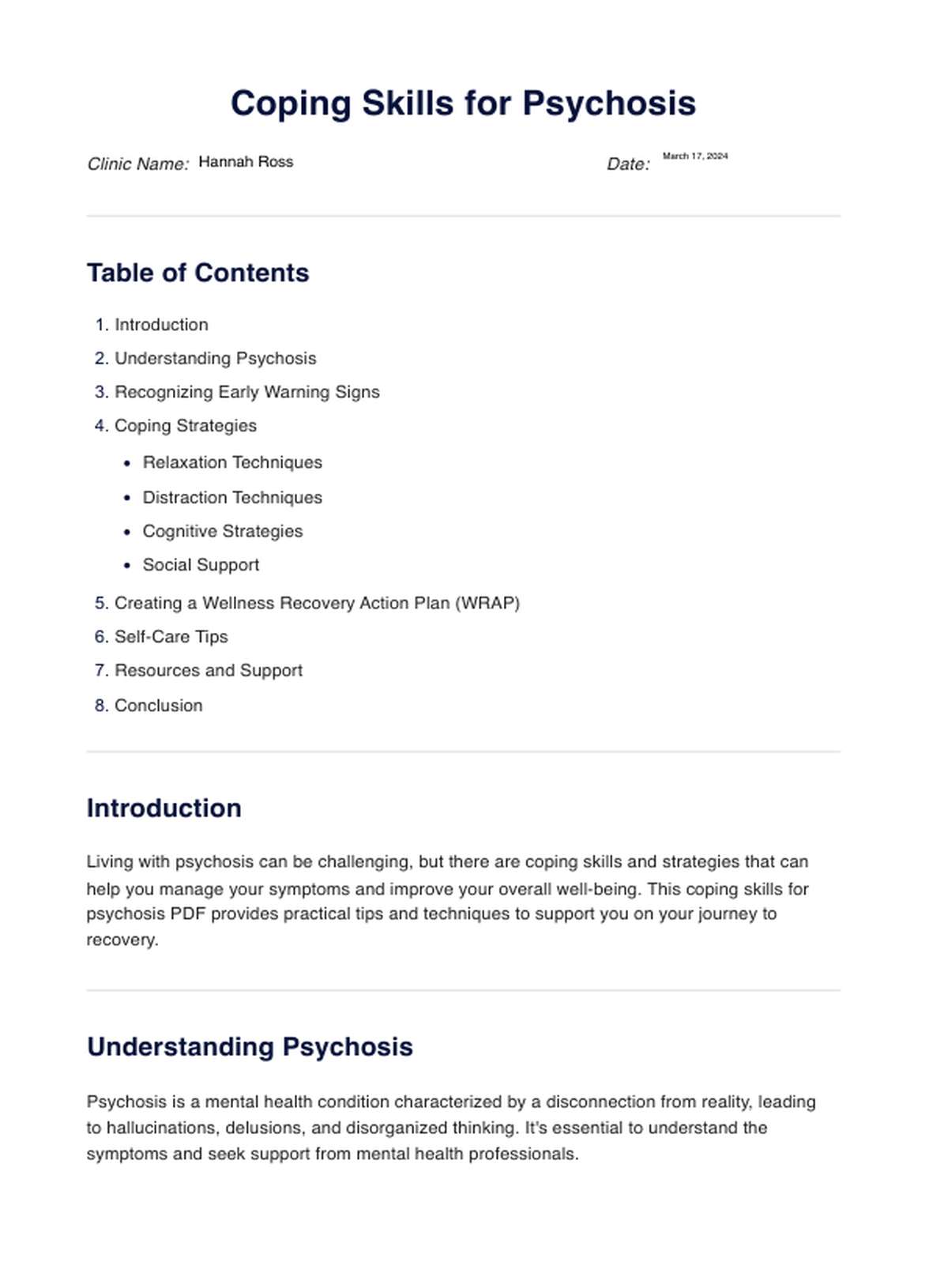

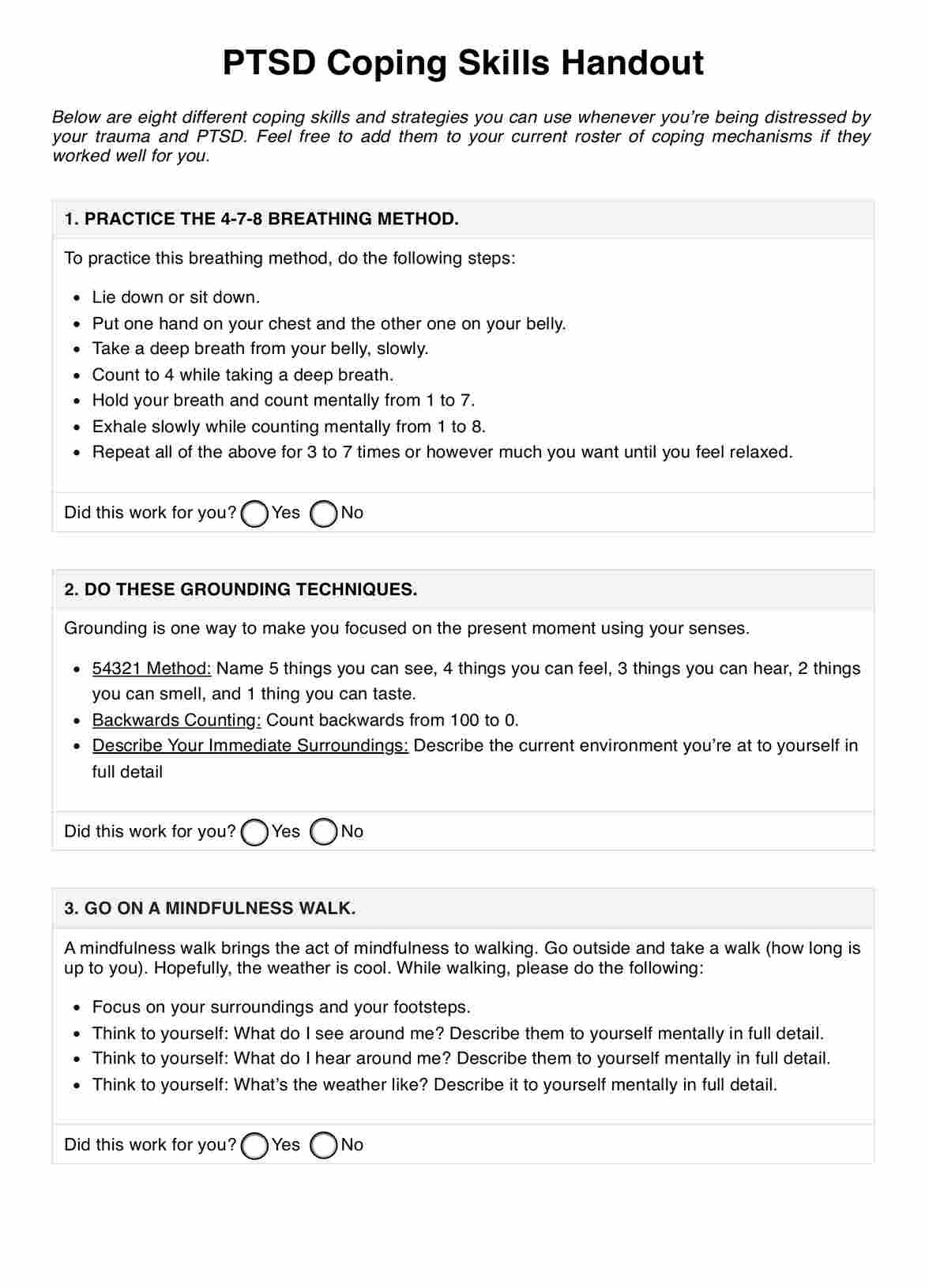
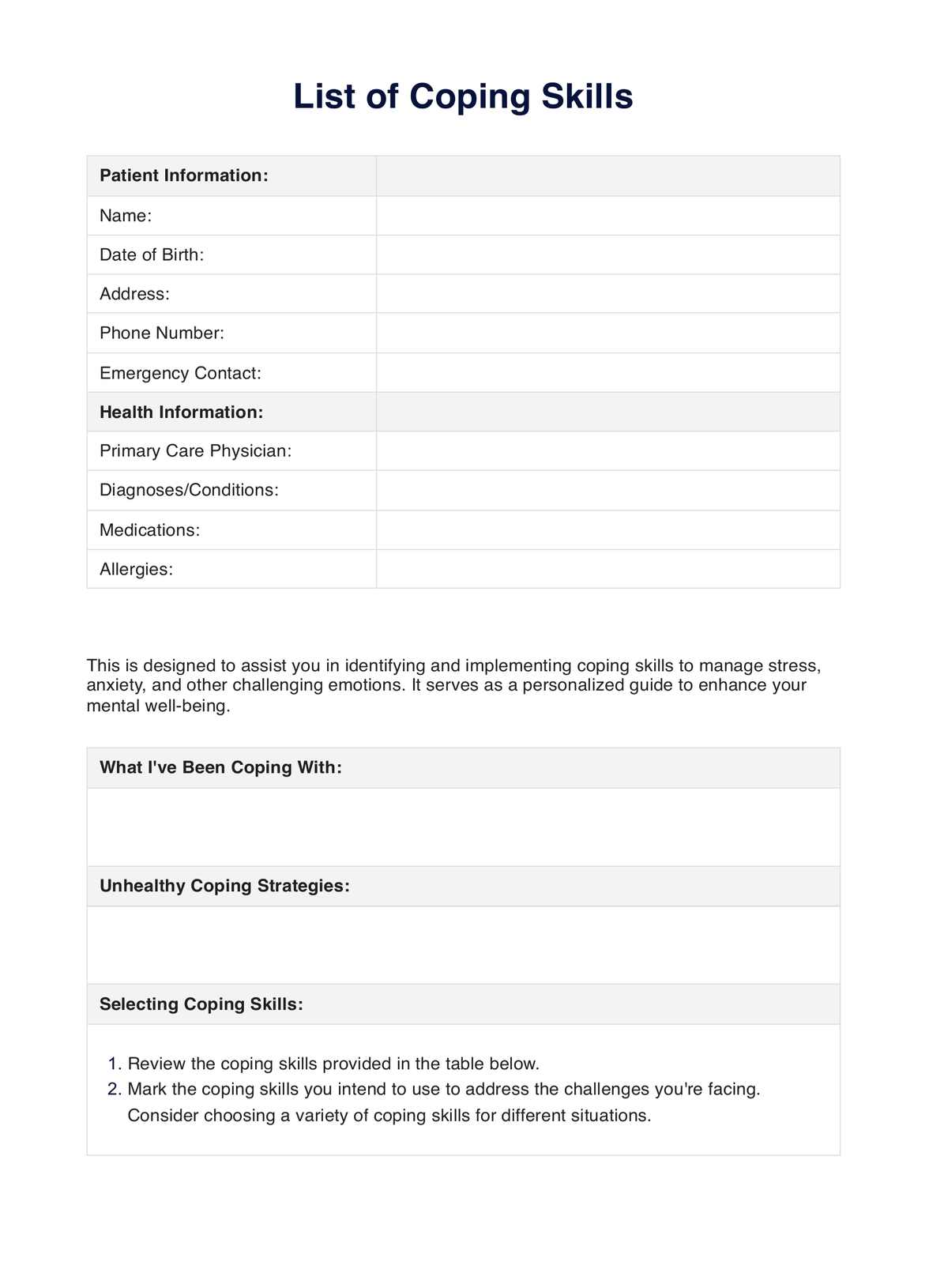
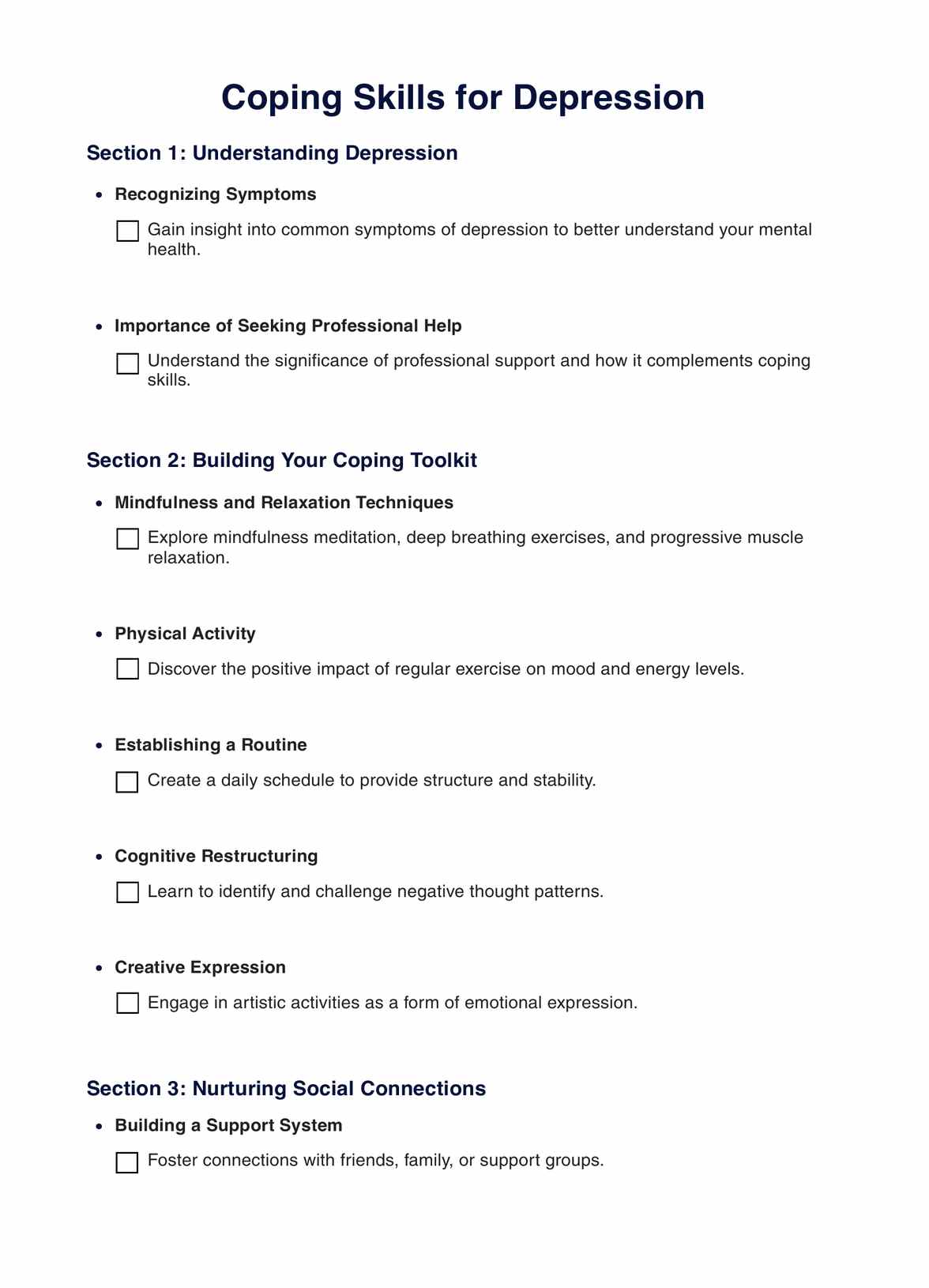
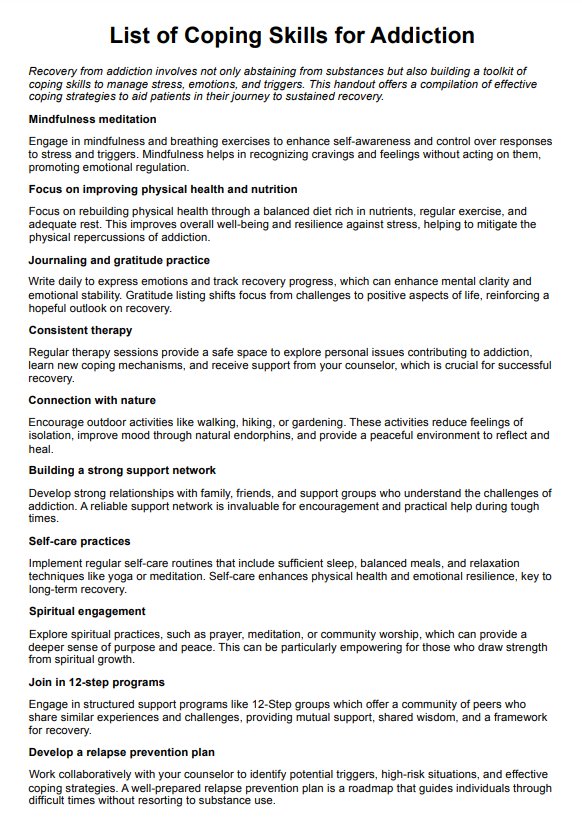
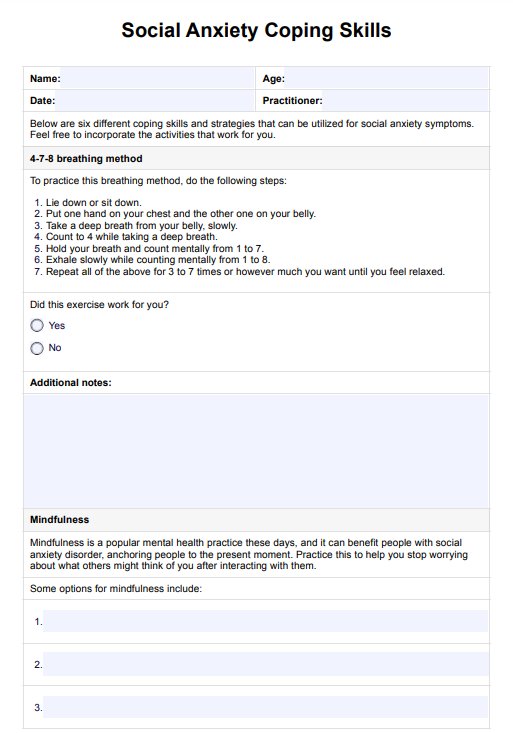
















-template.jpg)

























